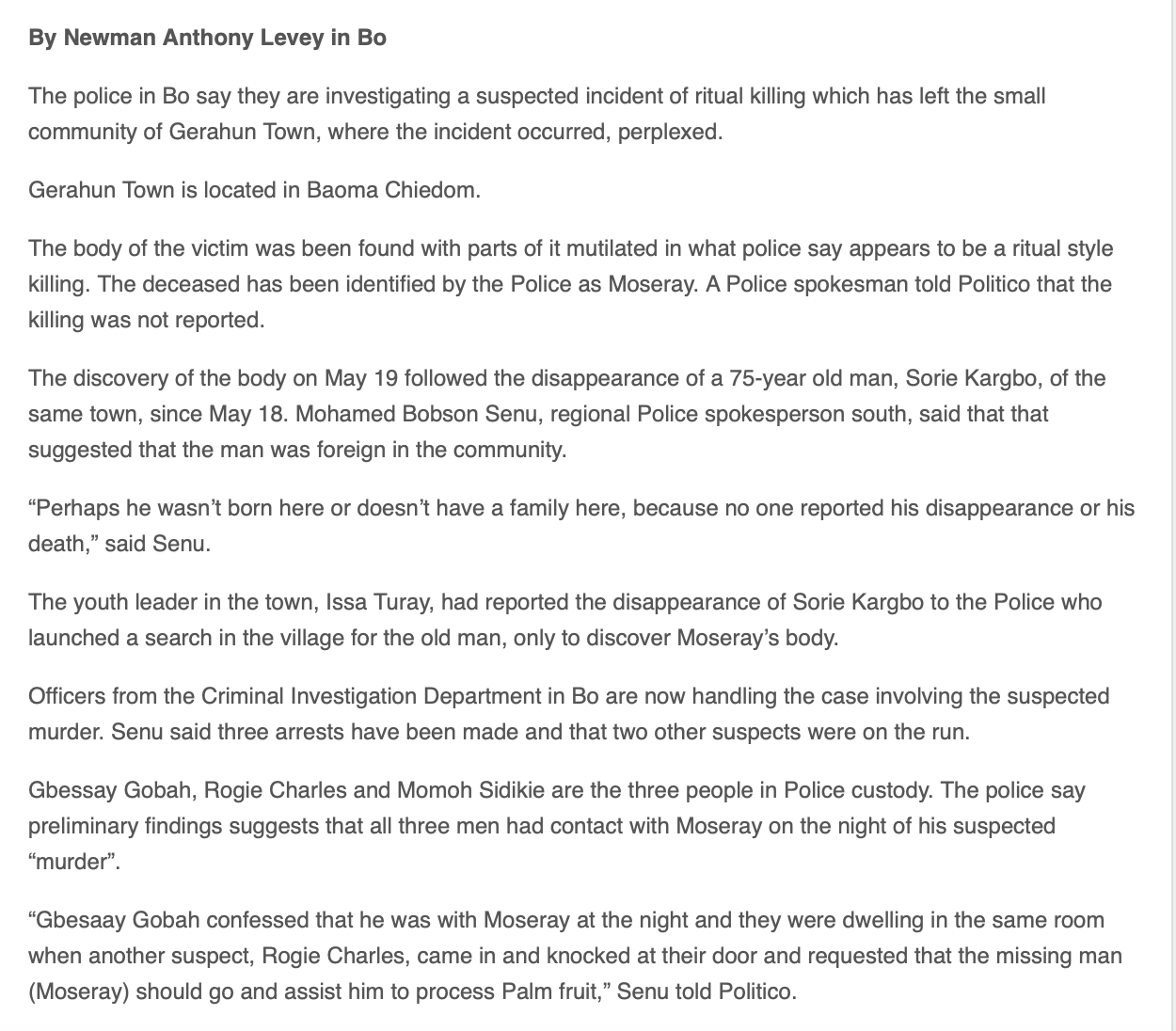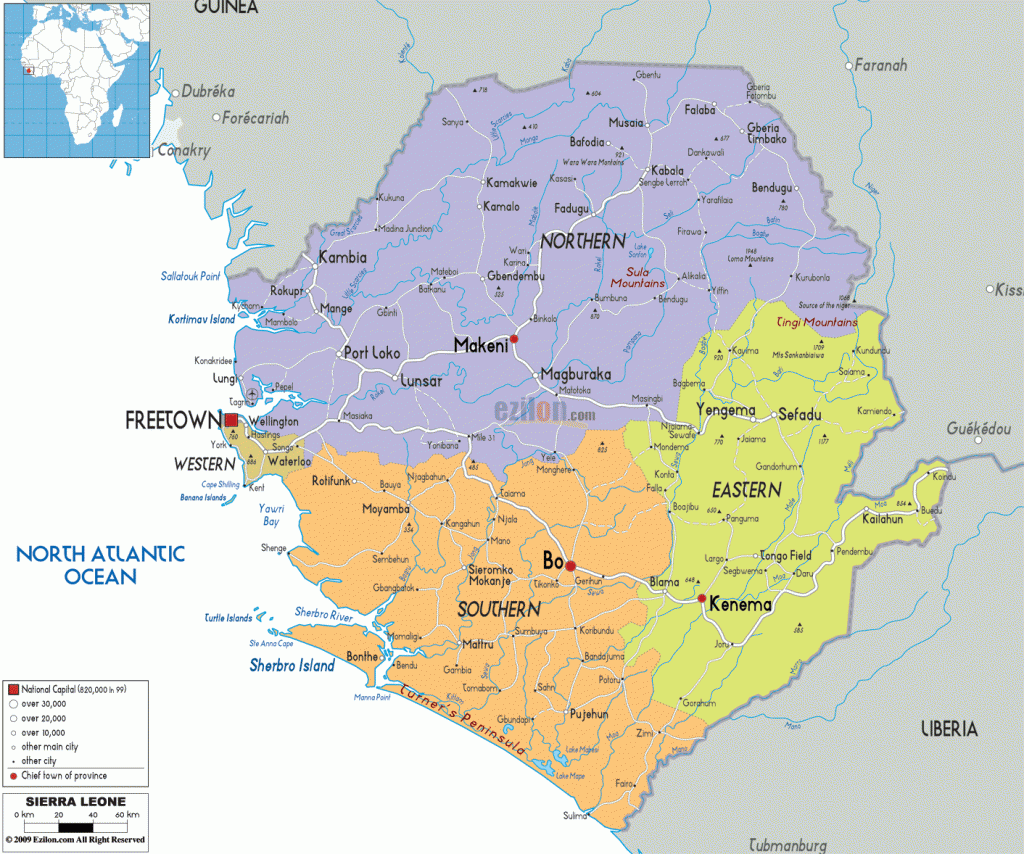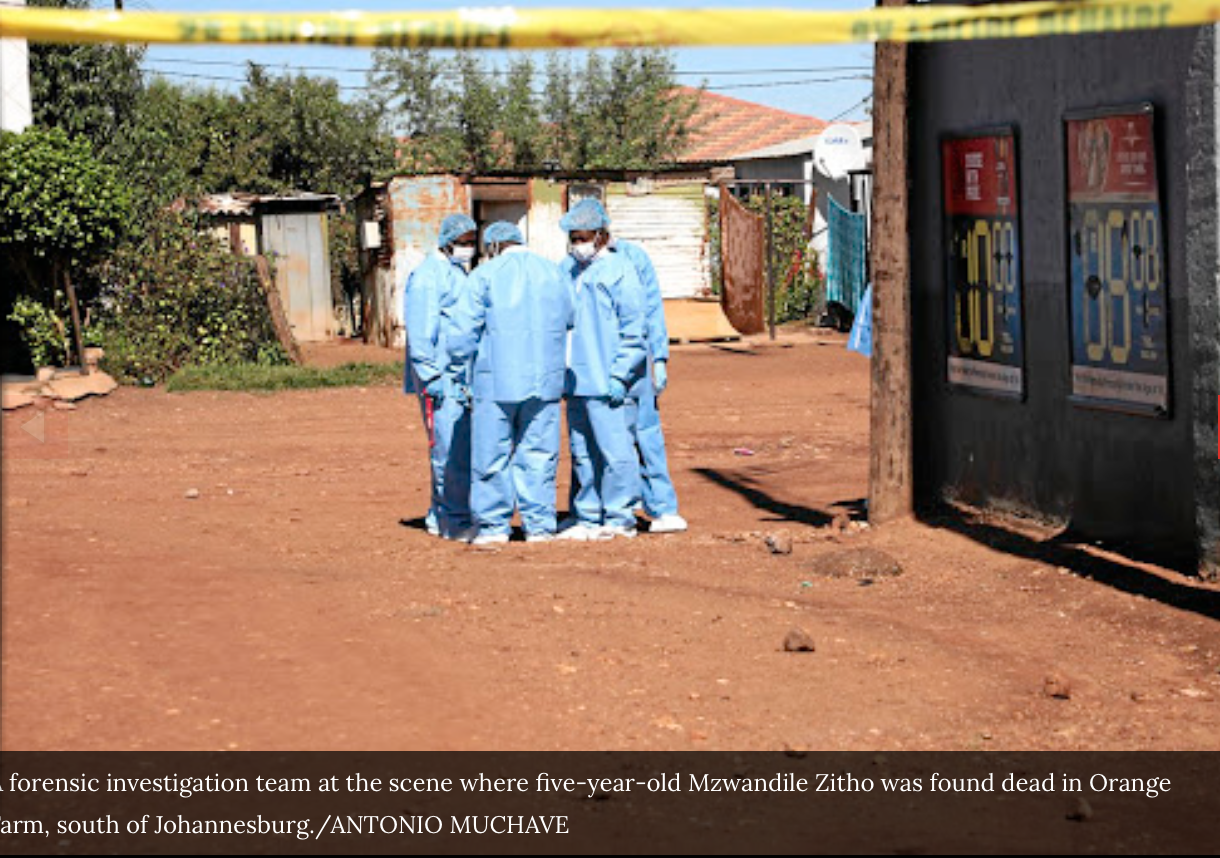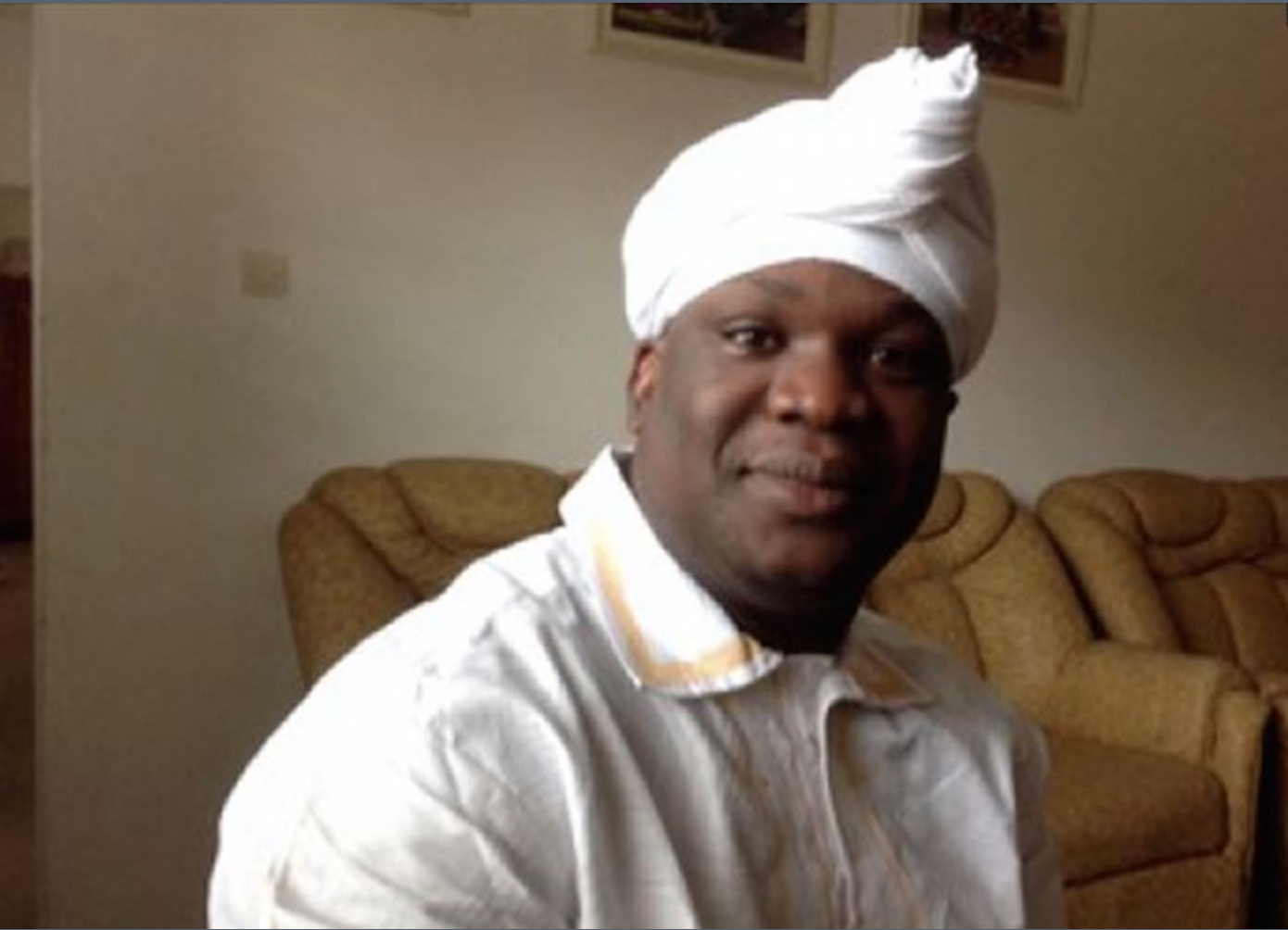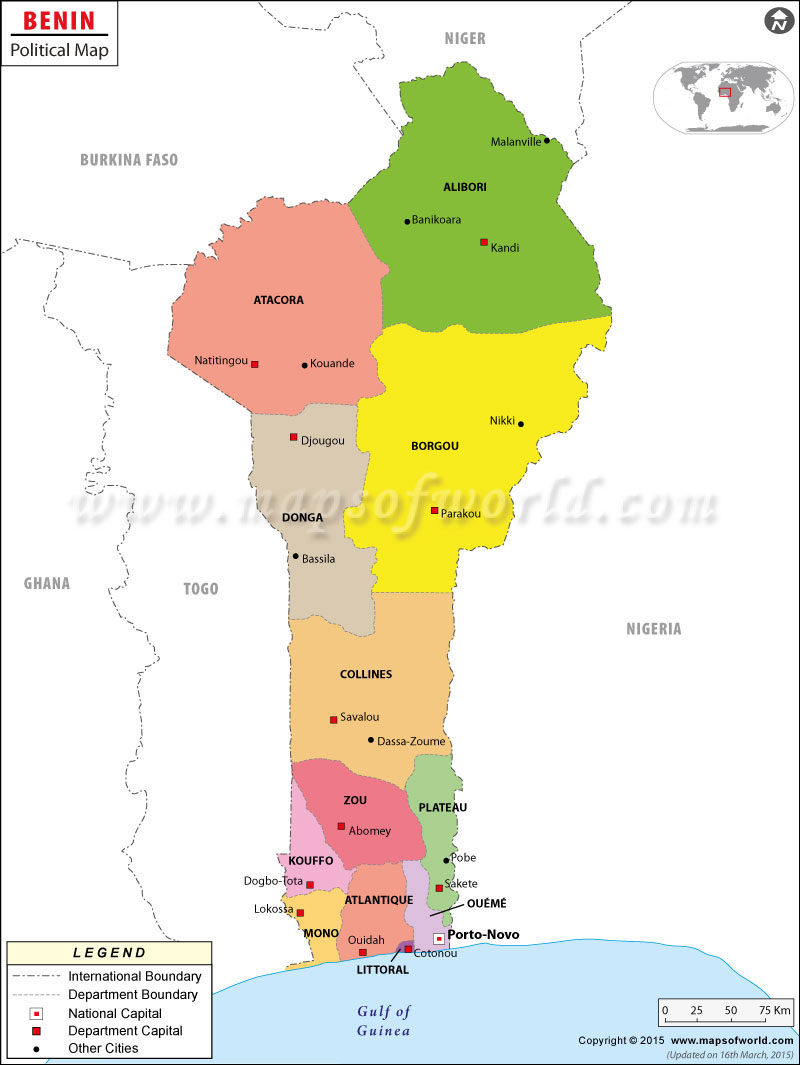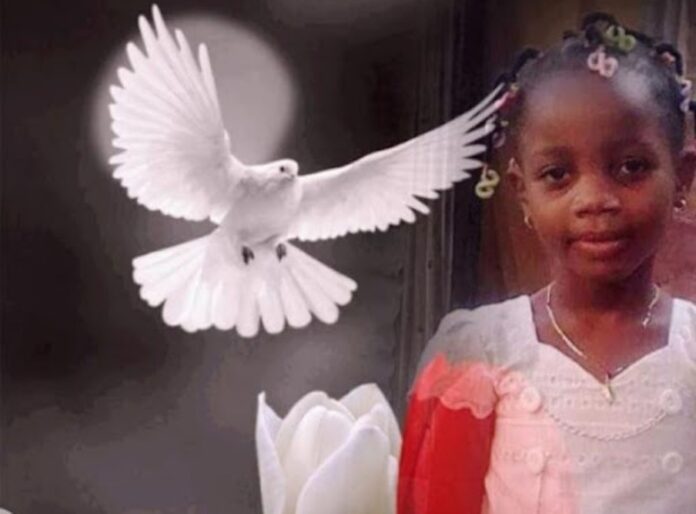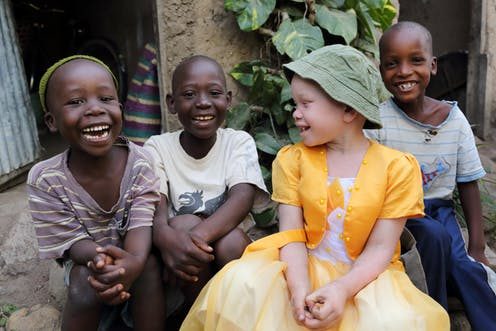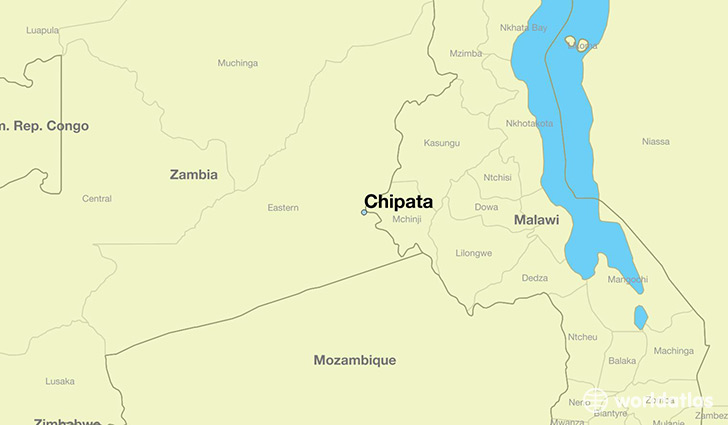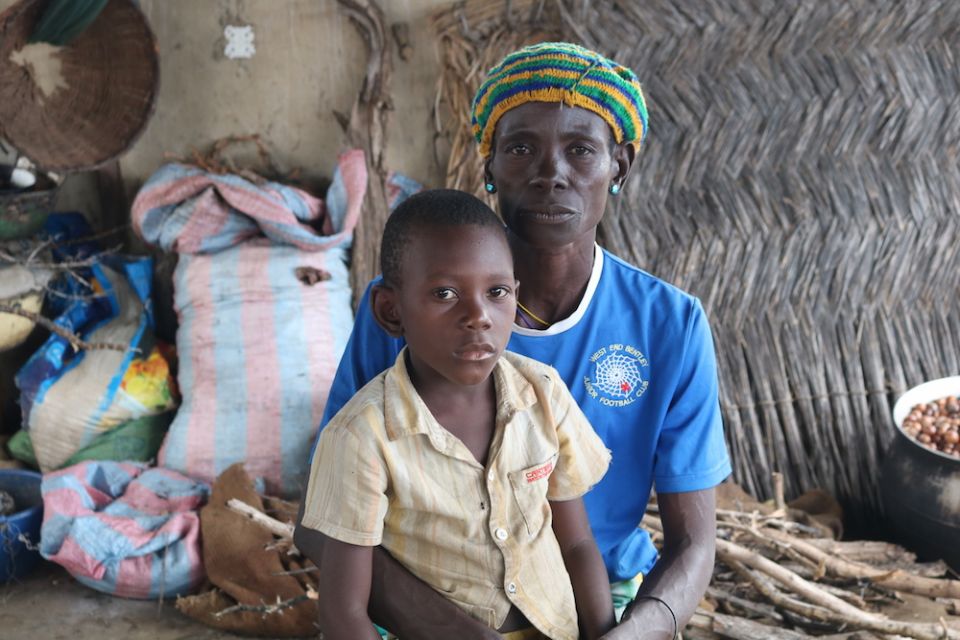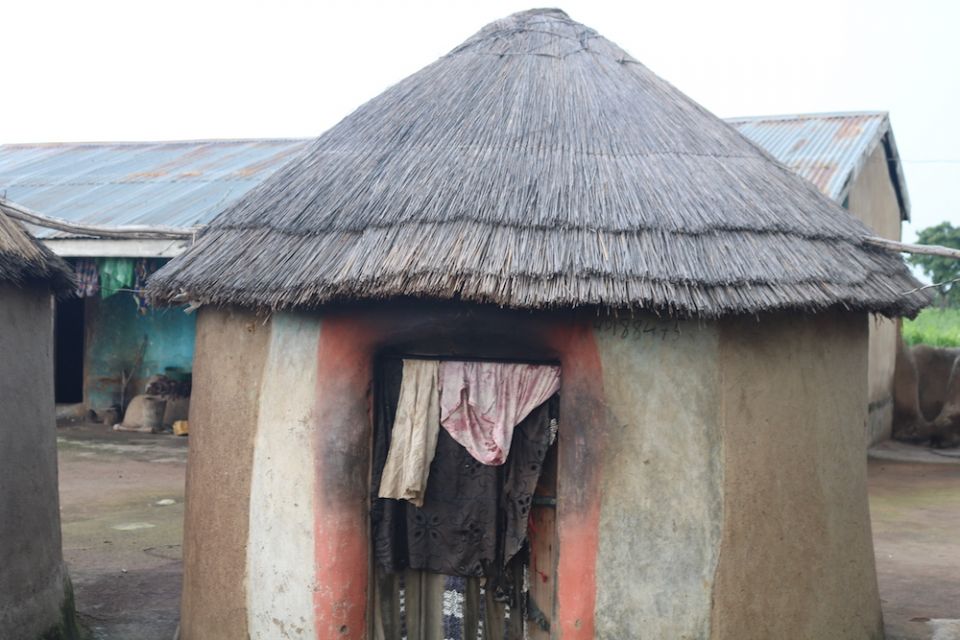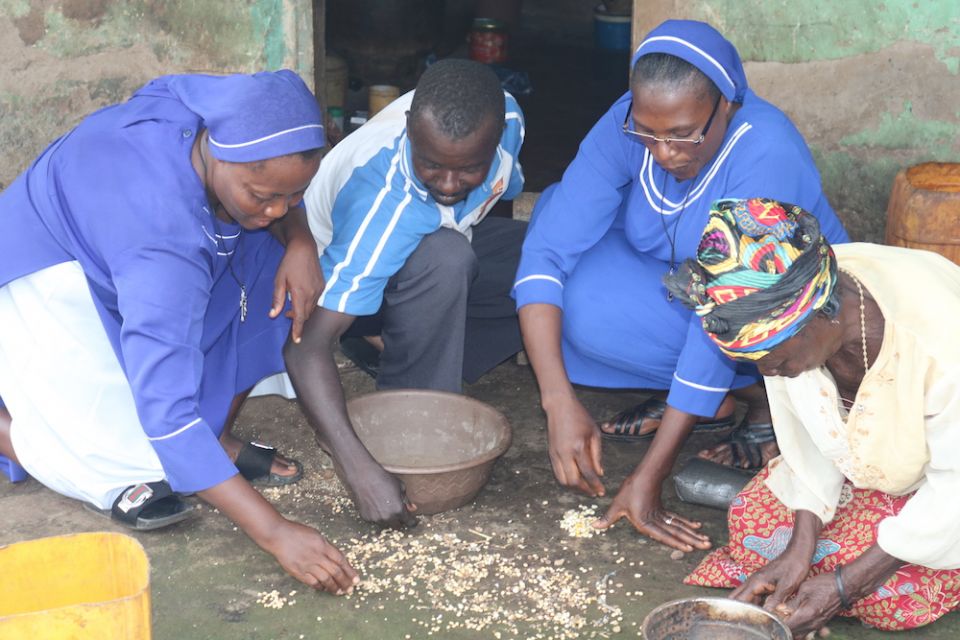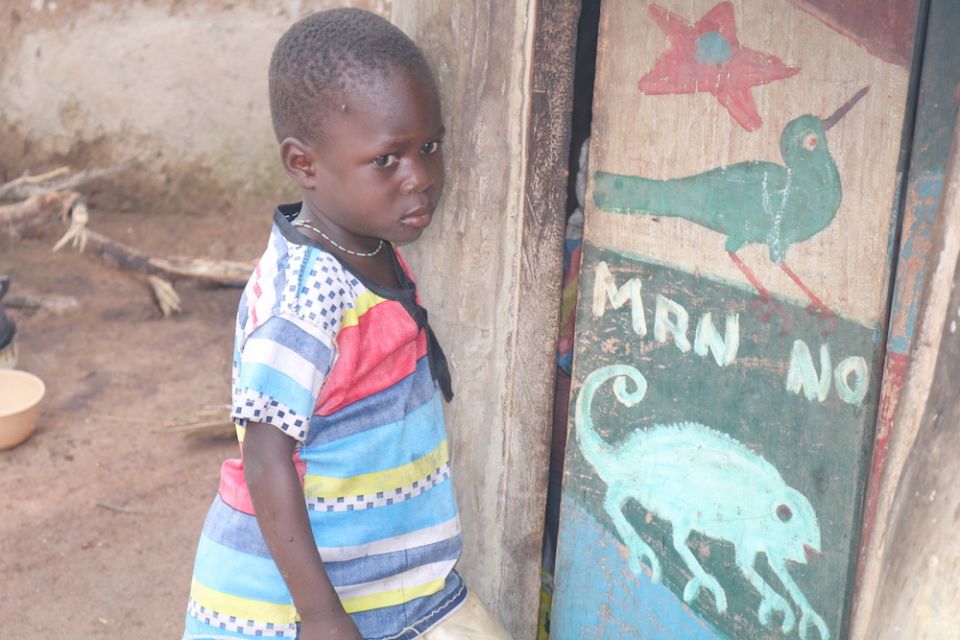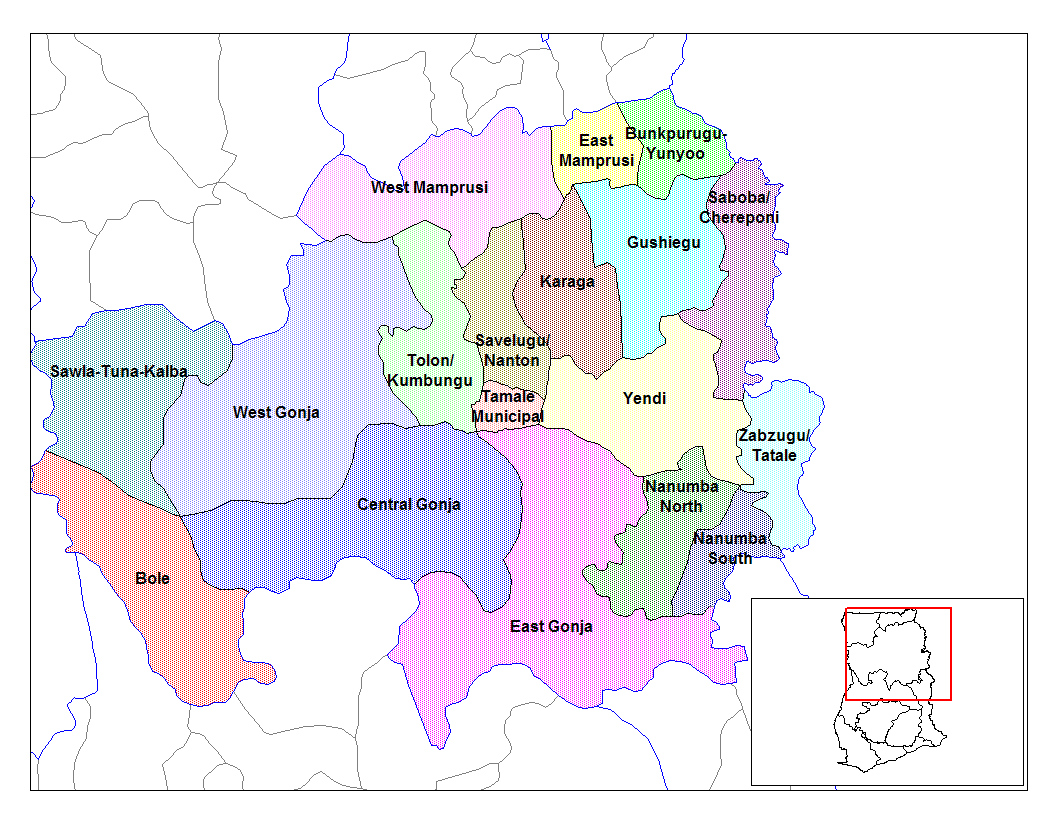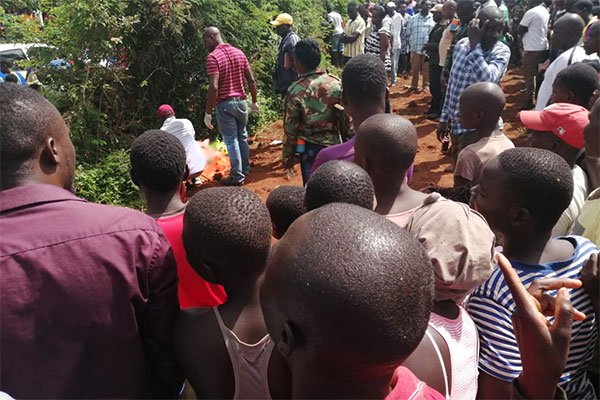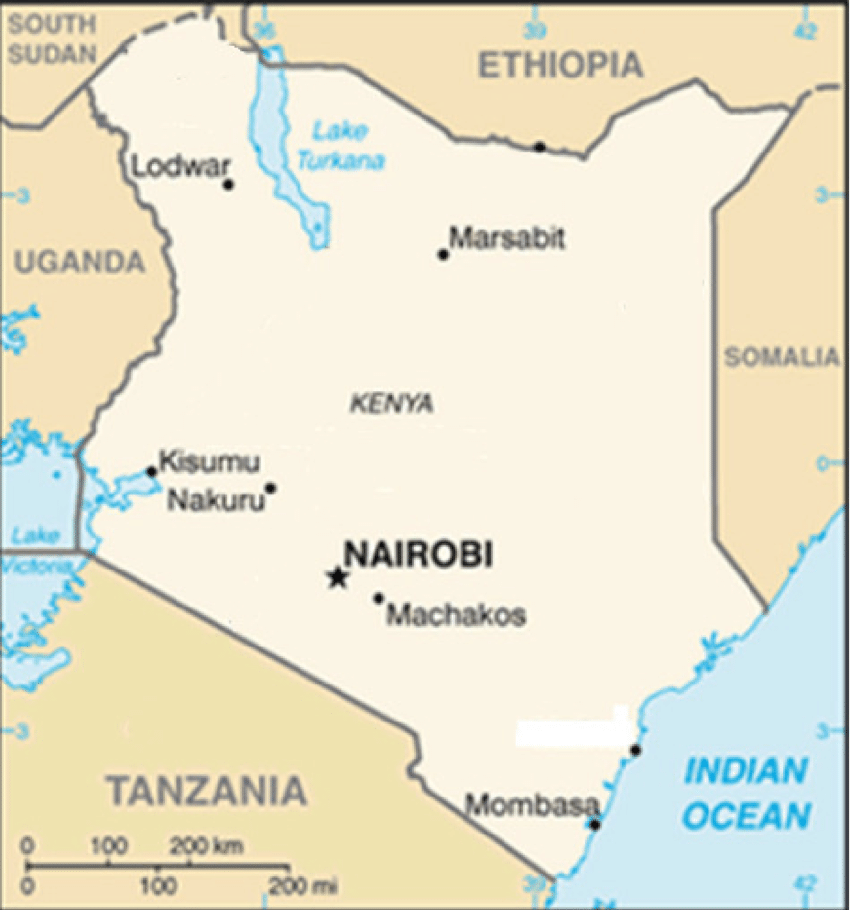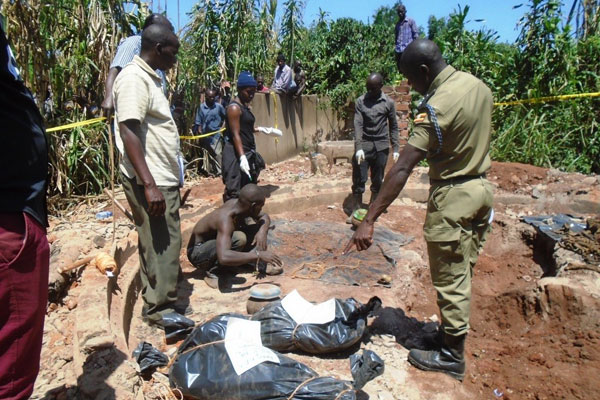Killing for ritualistic purposes is rampant in Nigeria. In most states, ‘money ritual’ is a well-known phenomenon. I have already reported many cases on this site. In many states ritual murders are being committed. Reporting on these cases is erratic. Not always there is a follow-up, informing the public of any arrest made, or – in case suspects are arrested – whether they are put on trial, and what the outcome is.
Unfortunately, ritualistic murders or murders for ritualistic purposes are not rare in Ogun State, in Nigeria’s southwest. This year alone I already reported various cases, my most recent postings were on April 27 and March 15.
Below I’ve listed four cases which happened during the past few months. Mind you, these are cases which have been reported. How many cases go unreported? To be correct, the fourth case, a seven-year old boy who was murdered for ritualistic proposes by his mum and step-father was already reported on April 27, from a different source. It does not make it less serious. I’m afraid ritualistic killings in Ogun State will continue, as they will in other states. How to end this barbaric practice?
(webmaster FVDK).
Notorious cultist arrested in Ogun State, confesses to killing three
Published: June 3, 2020
By: The Eagle Online, Nigeria

A notorious cultist, Adewale Adeoye, popularly known as 16, has confessed to killing no fewer than three persons since joining the Eiye cult.
Adeoye made the confession on Tuesday when he was paraded alongside 30 others by the Ogun State Police Command for different crimes.
The Commissioner, Ogun State Police Command, Kenneth Ebrimson, who paraded the suspects at the command headquarters in Eleweran, Abeokuta, accused them of involvement in cultism, armed robbery, murder and illegal possession of firearms.
Ebrimson said Adeoye, who has been on the wanted list of the police in connection with cult-related killings in Ijebu-Ode and its environs, added that he was arrested alongside five others at their hideout in Ijebu-Ode.
He said two locally-made single-barrelled pistols, one double-barrelled pistol, 11 live cartridges, assorted charms and Indian hemp were recovered from them.
Adeoye told newsmen that two of his victims were the killers of the leader of the Eiye confraternity in Ijebu-Ode, identifying them as Vandan, Koledowo and Abas.
He said he had been arraigned twice for similar crimes between 2012 and 2017.
He said: “I have been arraigned twice.
“I was first arraigned in 2012 and regained my freedom in 2015 because the complainant did not show up in court and they could not find anything incriminating against me.
“A few days after, the police came for my arrest again and kept me in custody for another two years before I regained my freedom again in 2017.”
Adeoye said he was the fourth in command in the confraternity in 2017 and later became the second in command a year later.
When asked if he renounced his membership of the cult after his arrest, he said: “I have not renounced my membership.
“They didn’t give me the chance because they told me that they would kill me if I renounced my membership.”
Source: Notorious cultist arrested in Ogun, confesses to killing three
AND
Ogun State:
Pastor seeking ‘power’ to grow congregation killed by native doctor for ritual
Published: May 27, 2020
By: The Eagle Online, Nigeria

A Pastor, Kalejaiye Ezekiel, who went to seek traditional power, has been killed by the same native doctor from whom he sought help.
According to available information, the pastor said he needed the power to draw worshippers to his church.
The Ogun State Command has since last month arrested the native doctor, Isiaka Ogunkoya, for the murder of the pastor.
The 48-year-old native doctor has also confessed to killing Ezekiel.
Ogunkoya told policemen mid last month: “The Pastor came to me for power so that his church would grow.
“I used the opportunity to use him for my personal job.
“I mixed some sleeping solution for the pastor to drink and he slept off moments afterward.
“As he dozed off, I picked a knife and slaughtered him.
“I am a native doctor and I have helped so many people, including pastors who want their congregation to grow, in the area.
“This particular incident happened because I personally needed human parts for a particular concoction that I wanted to prepare for one of my clients in Isoyin.
“When the Pastor came, saying that he wanted power so that his congregation could grow, I used the opportunity to kill him and used the needed parts for the concoction.
“I gave him some solution to drink and he fell deeply asleep and that afforded me the time to slaughter him and cut out the parts I needed for my concoction.
“I know I have done wrong, but I want forgiveness because if you go around and ask about me, people will tell you that I am a good person.
“This one just happened the way it did.”
The spokesperson of the Ogun State Police Command, Abimbola Oyeyemi, said the native doctor was arrested by policemen on routine stop and search duty along Isoyin Road.
Oyeyemi, a Deputy superintendent of Police, said Ogunkoya would be profiled to know how many people he may have killed in the same manner.
He said the native doctor would be charged for murder at the end of investigation.
Source: Pastor seeking ‘power’ to grow congregation killed by native doctor for ritual
AND
Ogun State:
Human parts dealers go violent after customers fail to pay N1m for ‘fresh hand’
Published: May 21, 2020
By: The Eagle Online, Nigeria

Alleged human parts dealers in Ogun State last week went violent following the failure of three of their customers to come up with the N1 million agreed for the supply of a “fresh human hand”.
According to available information, after the customers failed to pay for the human hand, the human parts dealers lured them to a bush, where they had them beaten thoroughly for a couple of days before releasing them on May 17, 2019.
According to the spokesman of the Ogun State Police Command, Deputy Superintendent of Police Abimbola Oyeyemi, the development led to the arrest of four persons involved in the deal.
Oyeyemi, in a statement on Wednesday, said the operation, carried out in conjunction with the Ogun State Security Outfit, So-Safe Corps, also led to the recovery of the fresh human hand.
The Command’s spokesman, who identified the buyers of the fresh human hand as Matthew Idosu, John Feyisetan and Samuel Adegbola, said they were arrested alongside a 40-year-old herbalist, Michael Itomu, by operatives of the Police and So-Safe Corps at Idi-Iroko in Ipokia Local Government Area of the state for being in possession of a fresh human hand.
He said the suspects, through Idosu, had contracted someone in Abeokuta, the state capital, who promised to get the human hand for them for N1 million for money rituals.
Oyeyemi said in the statement: “On delivering the hand, the dealers demanded the agreed N1 million, but the money was not readily available; this led to a serious scuffle between them and they angrily took away the duo of Samuel Adegbola and John Feyisetan into a bush, where they thoroughly beat them before they were released on May 17, 2020.
“It was the action of those, who supplied the hand, that made the whole secret to leak out and which eventually led to their arrest.”
He said following a tip-off, the Idi-Iroko Divisional Police Officer, CSP Sunday Opebiyi, detailed his detectives in collaboration with men of the So-Safe Corps to ambush the suspects, leading to the arrest of three of them in Owode-Yewa, adding: “Their arrest led to the arrest of the herbalist in the early hours of Tuesday, May 19, 2020.”
Oyeyemi said the fresh human hand had been taken to the Idi-Iroko General Hospital for preservation, adding that the Commissioner of Police in the state, Kenneth Ebrimson, had ordered the transfer of the case to the State Criminal Investigation and Intelligence Department for further investigation.
He said: “He also directed that other members of the syndicate, who provided the hand, should be hunted and brought to justice.”
Source: Human parts dealers go violent after customers fail to pay N1m for ‘fresh hand’
AND
Ogun State: Mum, stepdad kill boy for ritual, bury him in upright position with parts missing
Published: April 26, 2020
By: The Eagle Online, Nigeria

Operatives of the Ogun State Command have arrested three persons, including the mum and stepdad, of a seven-year-old boy in the state, Pelumi Apalaya, for allegedly killing him for ritual.
The spokesman of the Command, Abimbola Oyeyemi, revealed this in a statement on Saturday.
According to the police, those arrested were the boy’s mum, Adetutu Apalaya; her husband, who is the boy’s stepdad and a herbalist, Lajuwon Ogunleye; and his friend, Fatai Sefiu.
Oyeyemi said in the statement that the boy, who lived with his mum and stepdad until he died in Abigi area of Ogun State, reportedly slumped and died on the spot without being ill.
This was said to have aroused the suspicion of some neighbours who trailed Apalaya, Ogunleye and Sefiu to a bush, where the corpse of the boy was reportedly buried in a mysterious way.
The incident was then reported at Abigi Police Station, with the Divisional Police Officer, SP Tarkighir Joseph, leading a crack team to track down the suspects in Iwopin area of Ijebu Waterside, Ogun State on Wednesday.
The three suspects led the policemen to where Pelumi was buried.
There, it was discovered that the victim was buried in an upright position with some of his parts removed.
Oyeyemi said: “On interrogation, the second suspect, Fatai Sefiu, told the detectives that the boy was actually used for ritual by the stepfather (Ogunleye) in connivance with the deceased boy’s mother.
“He stated further that the couple had reached a conclusion before he was co-opted into the business.”
He stated that Apalaya initially denied knowledge of her husband’s plan to use Pelumi for ritual, but later admitted to the crime, adding: “She was dumbfounded when asked whether or not she followed them to the bush where her son was buried and the mode of burial of the boy.
“Meanwhile, the Commissioner of Police, CP Kenneth Ebrimson, has ordered the immediate transfer of the case to the homicide section of the State Criminal Investigation and Intelligence Department for further investigation and prosecution.”
Source: Ogun: Mum, stepdad kill boy for ritual, bury him in upright position with parts missing





